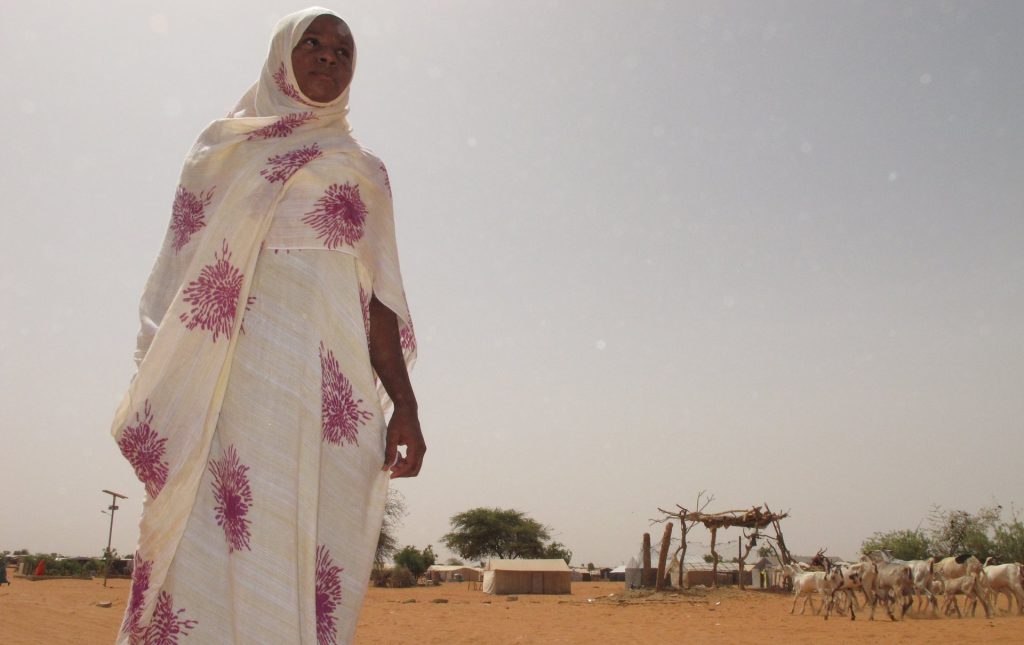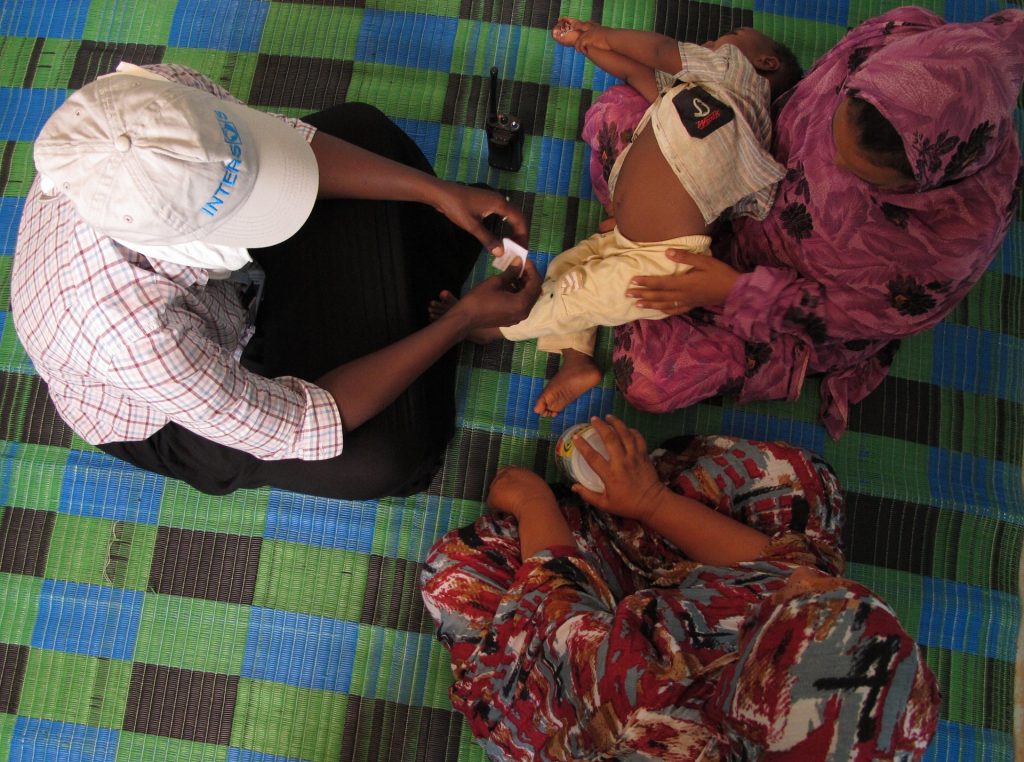
Tinalbaraka Amano has done well to adapt to life in the desert. Three years ago, the 16-year-old had her own room in a suburban house in Mali’s capital, Bamako. She had school friends with middle-class aspirations and Snapchat. At Mbera refugee camp in southern Mauritania, she sleeps in a tent with her parents. Before bed, she has to shake her sleeping mat for scorpions. The neighbours are mostly nomads who have never been online or in a classroom.
“Many of the girls get married – often they are younger than 12,” says Tinalbaraka, who is from a family of musicians. She has just sat her ninth-year exams. Her class of 54 pupils included only 15 girls. “That is how it is. When they get married, their parents or their husbands do not want them to stay on at school. Anyway, they have babies so it is not possible.”
The 42,000 residents of Mbera camp are dealing with a crisis among their bored youth. Agencies here warn that if the needs of 14,000 school-age residents are not addressed through education and training, boys will be tempted to join armed groups and more girls will be at risk of early marriage.
Situated 50km inside Mauritania, Mbera is one of the biggest refugee camps in sub-Saharan Africa, home mainly to Tuareg and Arab Malians. They are blamed by southern black Malians for the killing – Islamic terror, clan feuding and armed banditry – that began in 2012 and has brought the country to its knees.
Two peace deals signed last year between the Malian government and armed groups (excluding al-Qaida) have increased pressure on the camp, says Taleb Bouya Abdallah, an emergency education officer for the UN children’s agency, Unicef. “When peace was declared, funding fell away. It does not matter how many peace deals are signed, or repatriation agreements are made; as long as it is not safe for people to return to Mali, they won’t,” he said.
According to UN figures, 55% of girls in Mali and 34% in Mauritania are married before the age of 18.
It happened – twice – to 16-year-old Nafissa* from Léré, in the Timbuktu region. Married at 12 to her cousin, she faced so much violence from him that her widowed mother returned 50,000 CFA francs (£64) of the dowry in the hope of a divorce. But when Nafissa and her mother moved to Mbera in 2013, he followed them. He raped her and she gave birth to a boy, Mohamed, who is now 18 months old. Then, Nafissa began having epileptic fits.
The local branch of humanitarian agency Intersos and the UN refugee agency, UNHCR, raised the money to pay back the balance of the dowry – 250,000 ouguiyas (£535) – and applied to a judge for a restraining order against Nafissa’s husband, which was granted. The family then found a second husband for her, but he walked out, blaming harassment from the first husband.
“I lie in bed and I cannot sleep because I am so worried that [my first husband] is going to come back,” says Nafissa, who lives with Mohamed and her mother. “The neighbours look out for him, and when he comes someone runs to the gendarmerie. But by the time the gendarmes arrive, he has usually left.
“I have pain in my hip from when he kicked me,” says Nafissa, who has never been to school because “there was too much housework”.
Houleye Diawara, 23, a social work graduate employed at Intersos’s gender-based violence drop-in centre, says Nafissa’s family need material help, counselling, medical care and protection. “A psychologist comes from Nouakchott every other month. It is not enough. There are so many traumatised women in the camp. No one here really has the qualifications or the experience to help her fully. We would like to find a trade for Nafissa – maybe sewing – and give her training, but we are short of funds.”
Abdallah says early marriage is recurrent and unchanging. “There is a real need to explain to parents what school is for. They also need to be told about the health dangers linked to early marriage. Unlike in Mali, education is free in the camp so this is a good place to start.”

Unicef says 6,000 children who had never been to school have attended literacy classes at Mbera since 2013. The camp offers accelerated teaching for illiterate older children who are too old to learn alongside six-year-olds.
But Abdallah says the teenagers need vocational training. “Because of the high cost, we have only managed to train 240 of them in a trade. Boredom is the worst possible thing. It can lead them astray, into drugs or, in the case of boys, into the armed groups.”
Only 5,000 of Mbera’s 14,000 school-age residents attend the camp’s six primary schools. Secondary school attendance is disastrously low. There are only 220 pupils, of whom 51 are girls. Only a quarter of the teachers are qualified, and the retention rate is low. Teachers’ monthly salaries of 55,000 ouguiyas are roughly a third of those offered by NGOs in the camp.
Tinalbaraka is looking forward to the new school year. She is convinced her musician father, Abdallah Ag Amano, will allow her to study to baccalaureate level and beyond. She is part of a drama group that stages sketches about school life; she believes life in the camp does, at least, allow some girls to acquire basic literacy. “Being here means some of the [nomadic] children experience school for the first time. In the camp, girls have fewer domestic responsibilities than when they are in Mali.”
Asked if she worries about being married off against her will, she says: “I am not afraid it will happen to me. My parents will let me do what I want.”
*Some names have been changed to protect identities
- Alex Duval Smith travelled to Mauritania with the EU, which supports projects at Mbera camp


One Response
The hardship & trauma some girls go through just to receive some form of respect or recognition; it’s disheartening. I pray they receive all the support they deserve.